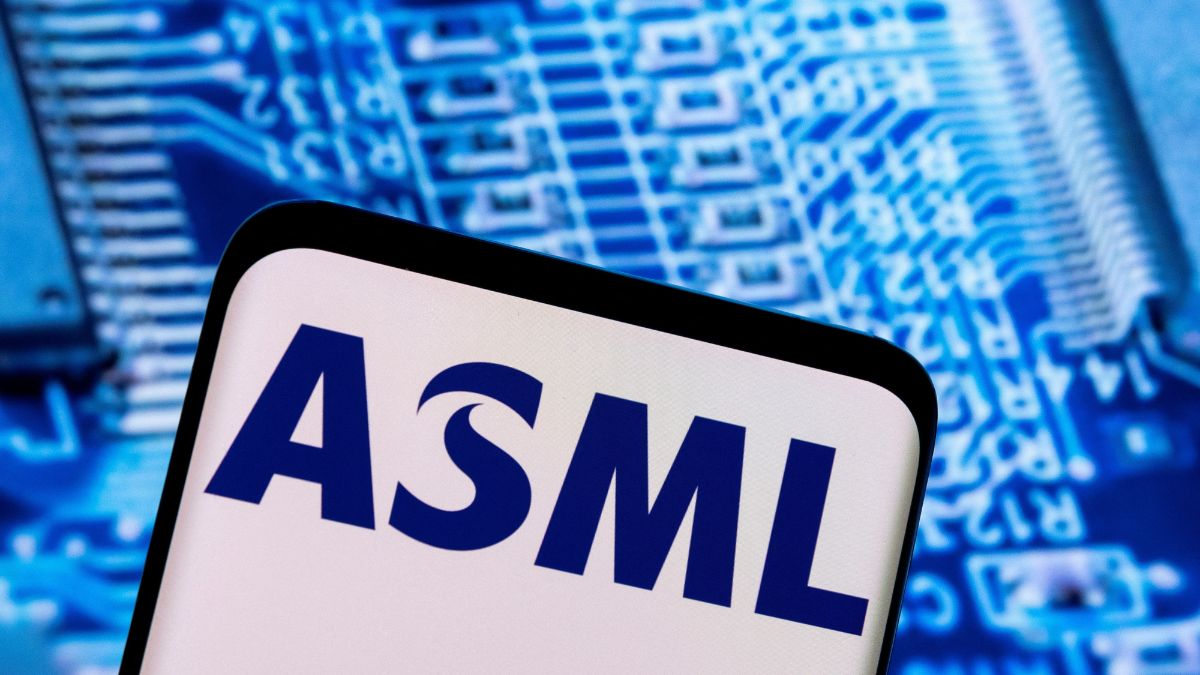The Dutch government has reasserted control over the export of two critical chip-manufacturing tools produced by ASML, the world’s leading semiconductor equipment maker. This decision marks a shift in the geopolitical landscape, as the Netherlands seeks to regain autonomy over its tech exports, previously influenced by U.S. pressure aimed at curbing China’s access to advanced technology.
The tools in question—Deep Ultraviolet (DUV) lithography machines—are crucial in producing high-performance semiconductors. The United States had been pushing its allies, including the Dutch government, to restrict ASML’s exports of these machines to China, citing national security concerns and efforts to slow Beijing’s technological advancements, particularly in artificial intelligence and military applications.
The Dutch government’s decision to retake control of these exports signals a recalibration of its position in the ongoing global tech race. The move allows the Netherlands to make its own determinations on which countries ASML can sell to, balancing its business interests with geopolitical pressures.
“The Netherlands recognizes the strategic importance of these technologies, but we must also protect our own economic sovereignty,” said Dutch Trade Minister Liesje Schreinemacher in a statement. “We will make independent decisions regarding our trade policies while remaining mindful of security concerns.”
ASML, headquartered in Veldhoven, plays a critical role in the global semiconductor supply chain, as its cutting-edge machines are indispensable for producing chips used in everything from smartphones to military systems. The company has already been restricted from selling its most advanced Extreme Ultraviolet (EUV) machines to China, but this latest decision grants ASML more freedom in determining the market for its DUV machines.
This shift comes at a time when technological dominance is a focal point of international competition, and the Netherlands’ stance could have broad implications for global supply chains and trade relations.


